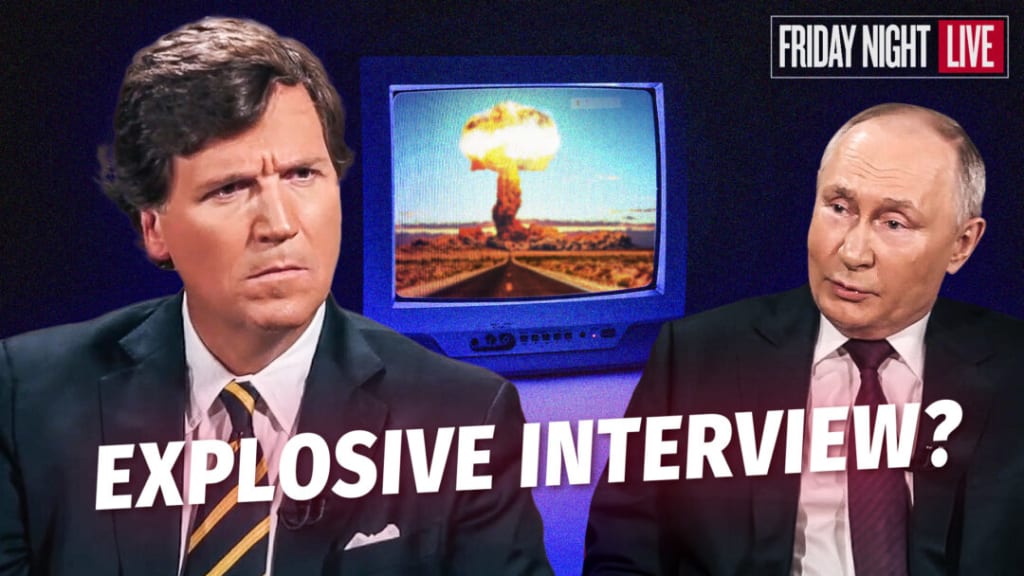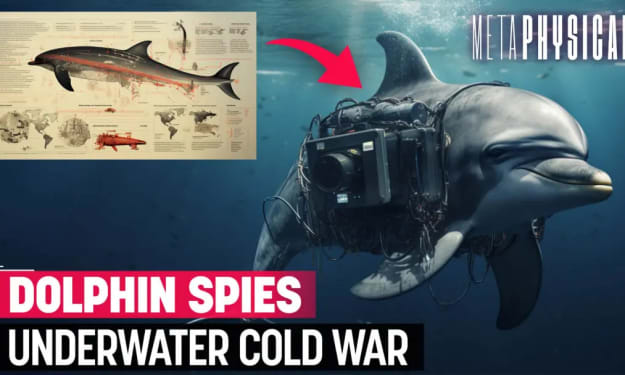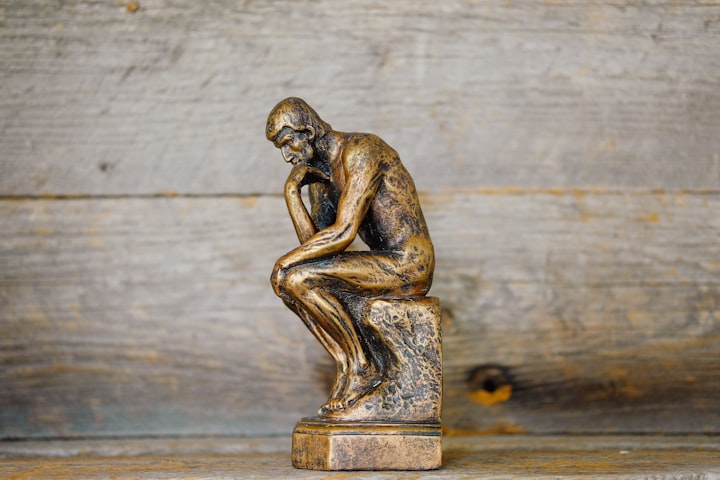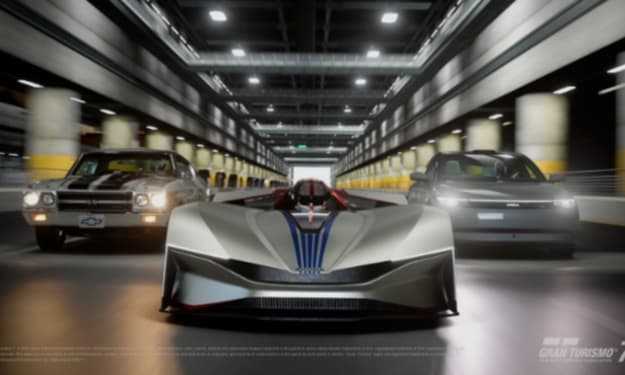
The Exclusive Interview:-
Tucker Carlson interviewed Putin, often appearing puzzled, listened attentively and elaborated extensively on topics such as the origins of Russian statehood dating back to the ninth century, Ukraine’s status as an artificial state, and alleged collaboration between Poland and Hitler.
This terrain is well-trodden for Mr Putin, who gained notoriety for his 5,000-word essay titled “On the Historical Unity of Russians and Ukrainians” in 2021, which seemed to lay the groundwork for the intellectual rationale the Kremlin provided for its subsequent invasion of Ukraine less than a year later.
However, historians dismiss many of Mr Putin’s assertions as unfounded, viewing them as nothing more than a selective manipulation of history aimed at justifying the ongoing conflict in Ukraine. Irrespective of the historical accuracy of Mr. Putin’s claims, it’s important to note that none of his assertions would serve as a legal justification for his invasion of Ukraine.
A little reference to our last article:-
In our previous article, we highlighted the fake growth and management of China and its “Counterfeit Culture.” Furthermore, we explore the imaginable assumptions behind this weird phenomenon. Our reputable team is fervently considering the means to heighten your philosophical ability. We also fill your huge passion for betterment. Thus, let’s explore transcending the boundaries of understanding to the model of knowledge.
Context and Key Facts about this interview:-
- Tucker Carlson interviews Putin and presents a version of history dating Russian statehood back to the 9th century, contrasting it with Ukraine’s purportedly recent formation in the 20th century.
- Putin justifies Russia’s claims over parts of Ukraine, particularly those in the south and east, based on historical ties and strategic interests, despite refutations that these areas were inhabited by diverse populations before Russian conquest.
- Putin dismisses Ukraine as an artificial state created by Stalin, yet historians argue against this assertion, pointing out that many nations, including Russia, have undergone similar historical processes of state formation.
A State-Centered Narrative:-
Mr. Putin initiated the interview by asserting that the establishment of the Russian state occurred in 862. He pointed to Rurik, a Scandinavian prince invited to govern the city of Novgorod, the capital of the Rus people, who eventually evolved into today’s Russians.
In Tucker Carlson and Putin Interviews, according to Mr. Putin, this marks an unbroken tradition of Russian statehood dating back to the 9th century, contrasting it with what he perceives as the modern “invention” of Ukraine a country he claims was “created” as recently as the 20th century.
However, Sergey Radchenko, a Johns Hopkins School of Advanced International Studies historian, refuted the president’s assertion as “a complete falsehood.”
“Vladimir Putin is attempting to construct a narrative retroactively, arguing that Russia began its state development in the 9th century. Equally, one could argue that Ukraine began its state development in the 9th century, with the same evidence and documents,” Radchenko states.
“He is utilizing specific historical facts to build a narrative centred around the state that would favour Russia over any alternative entities.”
A Special Ethnic Group:-
Tucker Carlson interviewed Putin and he asserted that in the 17th century, when Poland exerted control over parts of present-day Ukraine, they propagated the notion that the population in those areas was distinct from Russians. He suggested that this perception was introduced by Poland, indicating that those inhabitants were “not exactly Russians” but rather Ukrainians, as they resided on the periphery of the state.
He further explained, “Originally the word Ukrainian meant that the person was living on the outskirts of the state, along the fringes.”
However, Anita Prazmowska, a professor emerita at the LSE, countered this claim by stating that although a national consciousness among Ukrainians emerged later than other Central European nations, Ukrainians did exist during that period.
“[Vladimir Putin] is applying a 20th-century concept of the state, based on the protection of a defined nation, to something that dates back earlier. It doesn’t align,” she remarked.
Mr. Suny added that while it might be accurate to acknowledge that Russians, Ukrainians, and Belarusians “originated from the same stock… over time, they evolved into distinct peoples.”
The theory of “New Russia” according to Putin:-
Mr. Putin asserts that regions in the south and east of Ukraine lack historical ties to Ukraine. He argues that these areas, conquered from the Ottoman Empire by Empress Catherine the Great in the 17th century, rightfully belong to Russia. Referring to them with the 18th-century term “Novorossiya” or “New Russia,” Putin claims ownership of these territories.
However, Mr. Suny points out that the inhabitants of these lands at the time of their conquest by Russia were neither Russian nor Ukrainian but Ottoman, Tatar, or Cossack-Slavic peasants who had fled to the frontiers.
While Tucker Carlson Interviews Putin, he claims that these territories rightfully belong to Russia and align with his strategic interests, as they are precisely the areas Russia seeks to annex from Ukraine amid the ongoing decade-long conflict with its neighbour.
The so-called Novorossiya includes Crimea, which was illegally annexed from Ukraine in 2014. Additionally, New Russia encompasses areas around Kherson, Mariupol, and Bakhmut, which Putin declared part of Russia in 2022.
“Ukraine” is an artificial state…?
Mr. Putin further asserted that “Ukraine is an artificial state that was shaped at [Joseph] Stalin’s will,” contending that the Soviet leadership created Ukraine in the 1920s and allocated territories to it without historical justification.
In a certain context, Prof. Radchenko acknowledges the accuracy of this claim. He notes that the Soviet leadership delineated the borders of Soviet republics in a manner akin to how Western colonial powers arbitrarily defined borders in Africa.
However, Radchenko emphasizes that this does not negate the existence of Ukrainians as distinct people.
Moreover, he refutes Mr. Putin’s assertion that Ukraine is not a genuine country because it took shape in its modern form in the 20th century. “Any country can be considered ‘artificial’ in the sense that countries evolve through historical processes.
“Russia itself was formed through decisions made by the Russian tsars, such as the colonization of Siberia, which came at the expense of the local population,” Radchenko adds. “If Ukraine is deemed a ‘fake’ country, then by the same logic, so is Russia.”
The Final Thoughts on this Exclusive Interview:-
- In his interview with Tucker Carlson, Putin claimed that Poland introduced the perception that the inhabitants of present-day Ukraine were distinct from Russians during the 17th century. So they resided on the perimeter of the state, giving rise to the term “Ukrainian” to describe those living on the outskirts.
- This interview also highlighted the Russian leader’s extensive knowledge and historical perspective, which highlighted his intellectual justification for the invasion of Ukraine.
- Mr. Putin’s claim that the regions in the south and east of Ukraine rightfully belong to Russia is based on historical ties. It’s also challenged by Mr Suny, who highlights that the inhabitants of these lands were not Russian or Ukrainian but Ottoman, Tatar, or Cossack-Slavic peasants.
About the Creator
Rise Tv
Our mission is to entertain, uplift, and unite humanity as we guide humanity towards a bright, new day through trending topics, mysterious phenomena, & investigative research.






Comments (1)
Fascinating! Well written 🥰